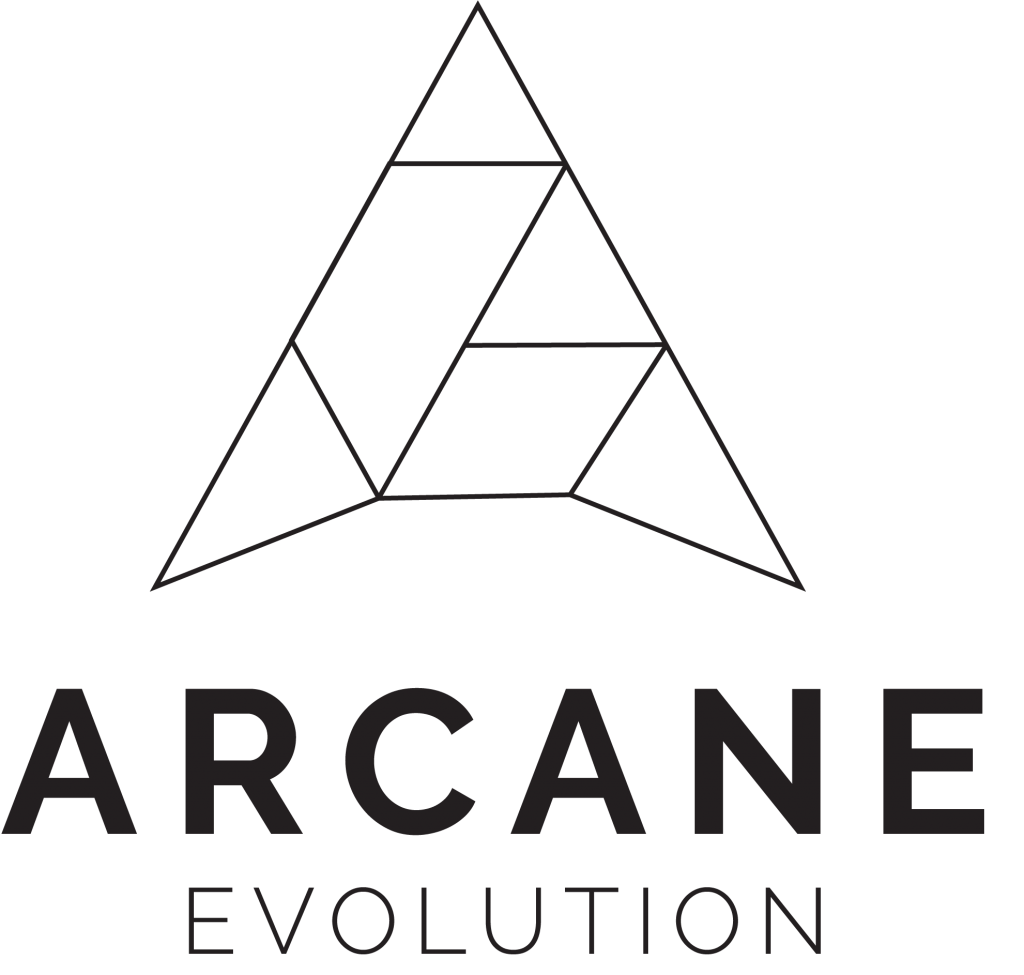The web is part of our daily lives and has become a must for entrepreneurs to make themselves known.
Having a simple website is no longer enough to have visibility. Indeed, to stand out, it takes a real digital marketing strategy.
But where to start?
There are so many different terms. Moreover, the vocabulary of the web, most often English-speaking, changes and evolves, requiring regular adaptation. It really feels like it takes up so much knowledge that it’s discouraging.
I invite you to read the following. Let’s demystify this a bit.
You want to create your website or improve its performance. Your first instinct is to go to Google (to name but one) and search using keywords. Then begins endless hours of reading, because you do not know exactly what you are looking for.
In short, you feel like you’re reading Chinese and are overwhelmed by too much information.
In fact, the digital adventure does not stop at the design of a website. It goes far beyond that.
What will make people who need your products or services find you on the net? How to appear on the first page of a search engine?
First of all, know that your site remains the central platform of your activities on the Internet. Whether it is social networks, your newsletter, your communications, everything brings visitors to your site. And the main purpose of bringing the world here is to turn your visitors into customers.
Also, the more efficient your site is, the better it converts your visitors.
That’s why, by knowing the basics of digital marketing, you’ll be able to know what you need to avoid the most common pitfalls and problematic situations on the web and social networks as an entrepreneur or SME.
This specific jargon could be classified into different categories:
- Technical vocabulary: hosting, URL, DNS, cPanel…
- Web marketing vocabulary: SEO, landing page, Call-To-Action (CTA)…
- Natural referencing vocabulary: keywords, keyword, internal linkage…
- Advertising vocabulary: newsletter, affiliation, ROI…
- Vocabulary of statistical data: cookie, Analytics, Search Console, My Business, bounce rate, conversion rate…
By knowing these key elements, you will be able to determine your needs and understand where the gaps are in your site for example.
If you know that meta-data is necessary for Google to read your site, it is in your best interest to verify (or have the right person verify) that your pages have it. Otherwise, your more informed competition will pass you by in a web search.
Thus, the benefits of knowing the key elements of digital marketing are numerous:
- Know which professional(s) to contact to create your website or for any other specific request;
- Know how to improve the performance of your site and your SEO to better stand out in search engines;
- Stop paying fortunes without knowing if there will be a return on investment;
- Improve your general knowledge and know the most popular concepts in order to make an informed choice in the future;
- Understand webmarketing in order to take the right actions;
- Know where to look for the answers you need to know if your strategies are really working;
- Know the steps to a successful and efficient website.
The financial health of your business depends on knowing the key elements of digital marketing. Making your site on WordPress or on Wix will not have the same implications.
Knowing this jargon is the key to defining your needs specifically so you can make an informed decision for your site platform and/or programmer.
Arcane Evolution offers you a training on the basics of digital marketing, find out more : arcaneevolution.com/product/training-the-basics-of-digital-marketing/

